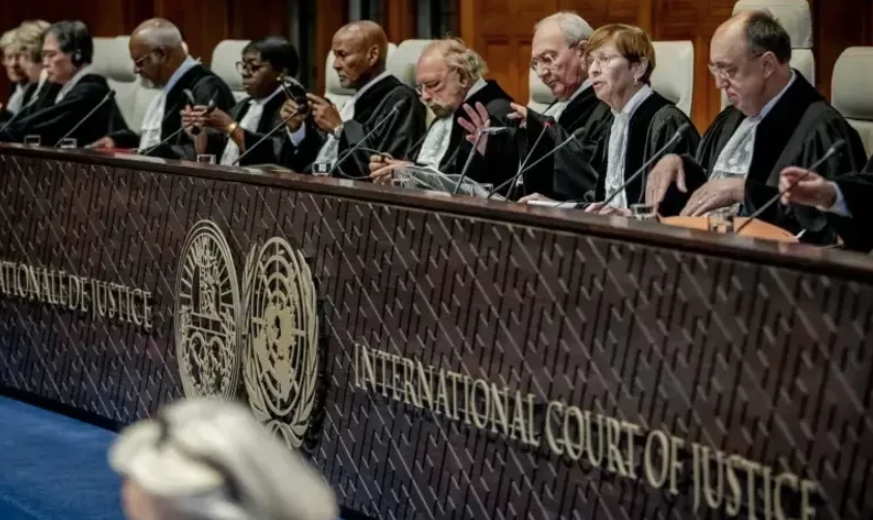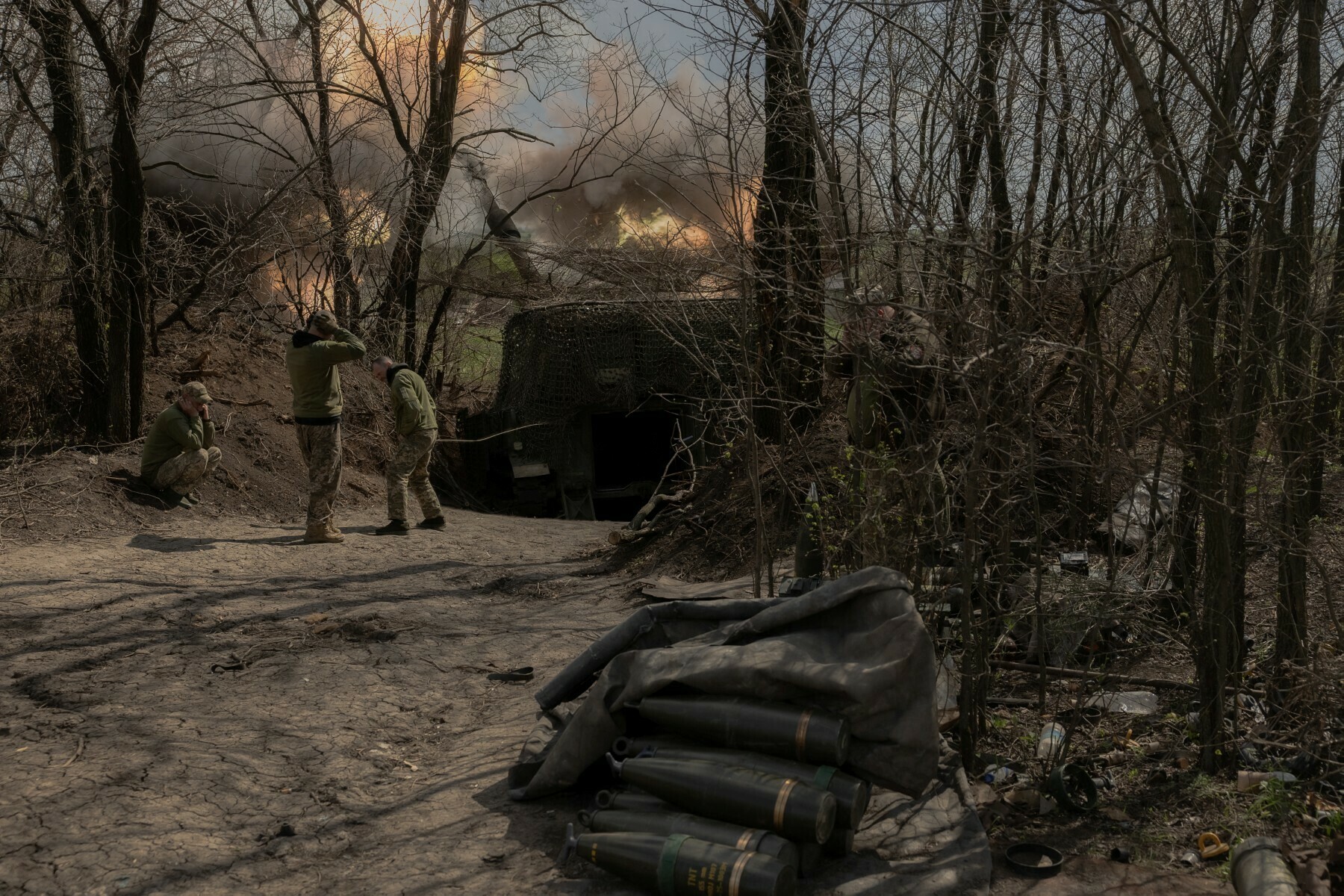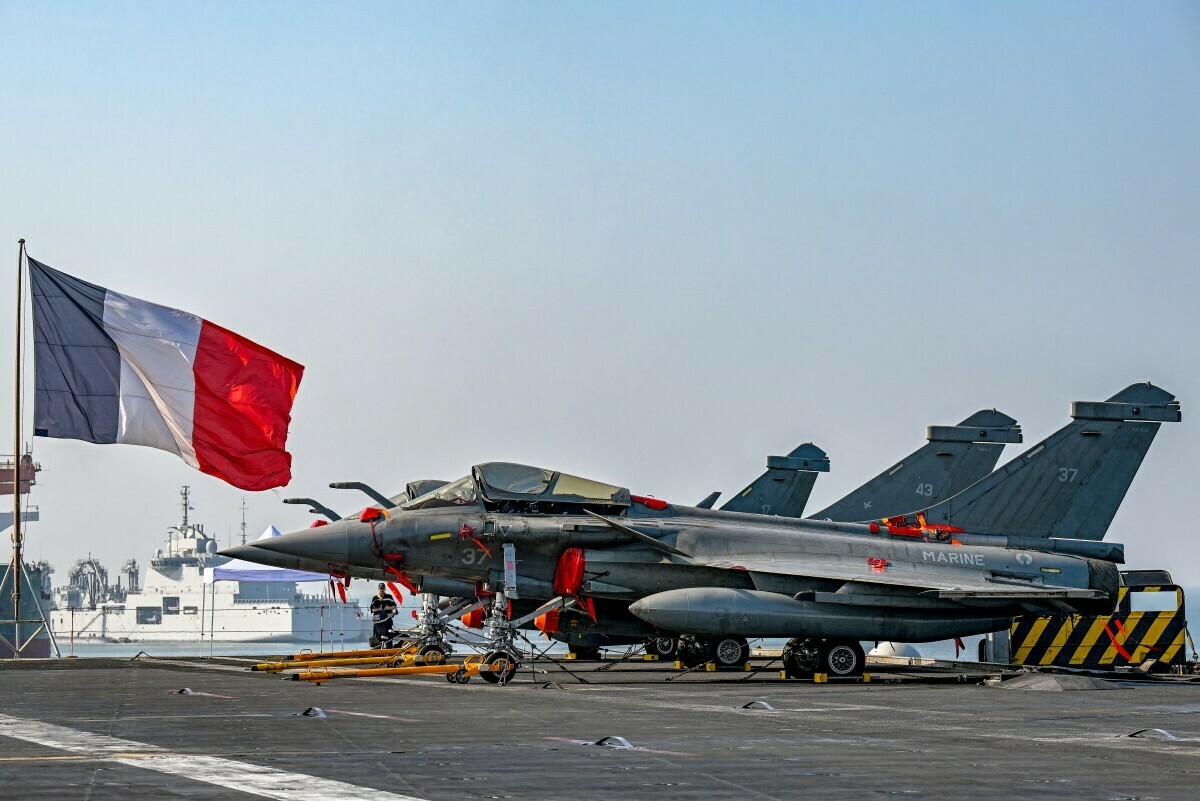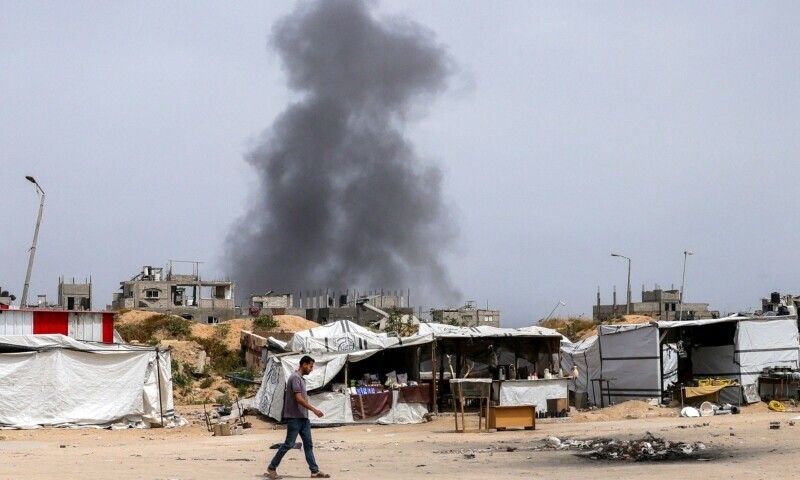WORLD NEWS
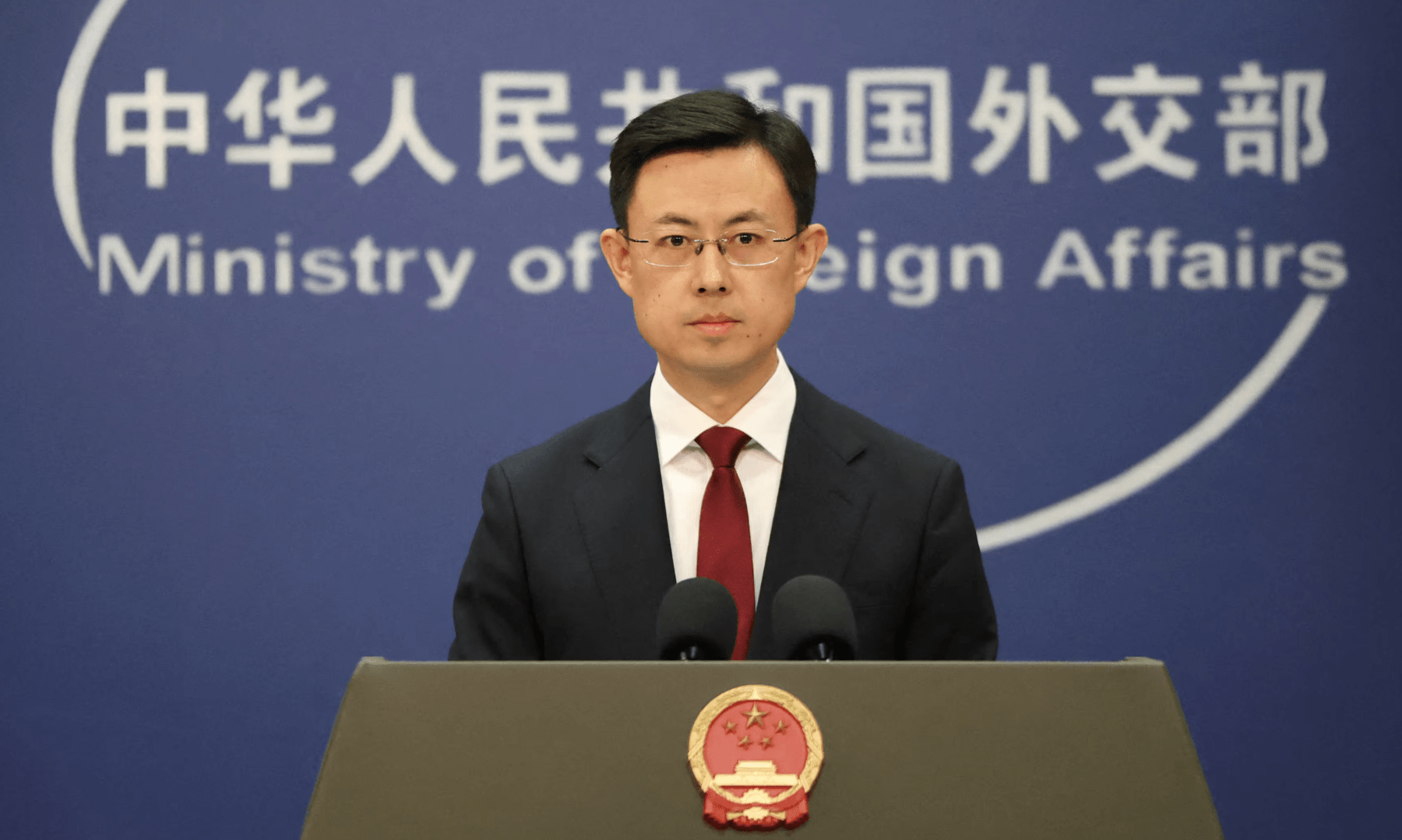
Tensions between India and Pakistan have escalated following a deadly attack on April 22 in occupied Kashmir's Pahalgam, which killed 26 people, mostly tourists. As the two nuclear-armed nations exchanged fire along the Line of Control (LoC) for a fourth consecutive night, China called for both countries to “exercise restraint” and resolve differences through dialogue.
The attack, one of the deadliest in Kashmir since 2000, has triggered a series of military and political actions between India and Pakistan. While Pakistan has denied involvement in the attack, India has implied cross-border linkages, intensifying the already volatile situation.
Chinese Foreign Ministry spokesman Guo Jiakun urged both nations to "exercise restraint" and handle their differences "through dialogue and consultation." This call for de-escalation comes as the two countries engage in military exercises and retaliatory measures. Pakistan has denied claims of involvement and called for a neutral probe into the incident.
Cross-Border Tensions and Retaliatory Measures
On April 27-28, Indian military forces accused Pakistan of initiating unprovoked small arms fire across the LoC. Pakistan did not immediately confirm the exchange. The rising violence follows years of relative calm at the LoC.
In response to the attack, India suspended the critical Indus Waters Treaty (IWT), a decades-old agreement on water-sharing with Pakistan, while Pakistan retaliated by threatening to suspend the Simla Agreement and closing its airspace for Indian flights. Tensions continue to mount as the situation spirals with little sign of resolution.
Global Calls for Peace
International actors have expressed concerns over the escalating violence. The United States, which has been in contact with both India and Pakistan, has urged both countries to work toward a "responsible solution." The U.S. has reiterated its condemnation of the Pahalgam attack, with Washington firmly supporting India in its response to the attack.
However, diplomatic observers suggest that the U.S. has shown increasing support for India in recent years, raising concerns in Pakistan that any military retaliation by India could gain tacit approval from Washington. At the same time, Saudi Arabia and Iran have also offered to mediate in the conflict.
The United Nations has echoed calls for maximum restraint and the peaceful resolution of the issue, urging both nations to engage in meaningful dialogue to prevent further escalation.
Continued Crackdown and Public Outrage in Kashmir
Since the Pahalgam attack, Indian security forces have conducted a large-scale crackdown, arresting nearly 2,000 people and destroying homes of pro-freedom Kashmiris. This has sparked accusations of "collective punishment," with rights groups calling for caution to avoid alienating the local population.
Political leaders in Kashmir, including former Chief Ministers Omar Abdullah and Aga Ruhullah, have condemned the heavy-handed actions of security forces, urging the government to avoid harming innocent civilians in the pursuit of terrorists. Despite these concerns, India continues its extensive search operations across the region, further fueling the tensions.
Pakistan’s Response and Bilateral Dialogue
Pakistan has offered cooperation in an international probe into the Kashmir attack and called for dialogue with India. Bilawal Bhutto-Zardari, Chairman of the Pakistan People's Party (PPP), emphasized that the only way to combat terrorism effectively is through cooperation between both nations.
With both countries now on high alert and military confrontations ongoing, the world watches closely as the India-Pakistan conflict threatens to unravel decades of fragile peace in the region. The situation remains fluid, and the path forward will depend largely on whether both nations heed international calls for dialogue and restraint.
